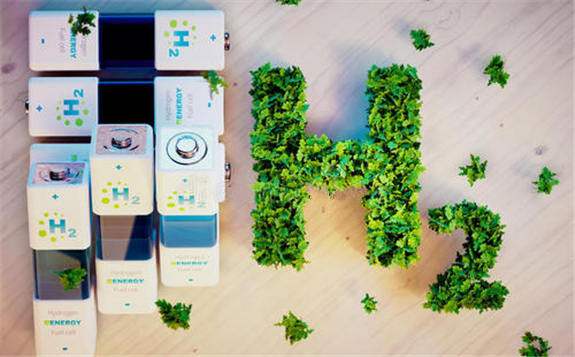The International Energy Agency (IEA) created the Hydrogen Technology Collaboration Program (TCP) in October 1977. Since then, the multilateral mechanism has worked on more than 40 R&D&D and analysis tasks, and is a hub for international cooperation and knowledge exchange to promote and accelerate the development and implementation of hydrogen technologies. It currently has 25 member countries and 6 sponsors from four different continents.

The IEA’s Hydrogen TCP is now undergoing a major renovation for international collaboration in boosting hydrogen technologies globally. This renovation is based on the following three pillars: new strategic work plan with ambitious goals, a new leadership team and a new technical secretariat.
The new Strategic Work Plan (2020-2025) sets very ambitious goals to make the most of current international hydrogen momentum, focusing on hydrogen as a facilitator for a smart, sustainable and decarbonized energy system based on renewables and low-carbon technologies for transport, industry, building, power and energy network applications. The Strategic Work Plan will position the Hydrogen TCP as a hub for international collaboration on hydrogen R&D&D within the IEA Secretariat, the IEA Technology Network and the greater energy community, while closely cooperating with the new IEA hydrogen initiative.
A newly elected leadership team: Chairman, Paul Lucchese (CEA, Commissariat à l’Energie Atomique et aux Energies Alternatives) and the Vice-chairmen, Eiji Ohira (NEDO, New Energy and Industrial Technology Development Organization) and Marcel Weeda (TNO, the Netherlands Organization for Applied Scientific Research) will count with greater participation of the Executive Committee members to help with the implementation of different areas for the Plan.
A new Technical Secretariat with extensive experience in hydrogen technologies and managing of sectorial associations. ARIEMA Energía y Medioambiente S.L. will support the IEA Hydrogen TCP future developments.
In the coming years, spurred by decarbonization and the integration of renewables, the Hydrogen TCP expects hydrogen to play roles of increasing importance as an enabler for a global smart-energy system and as a recognized pathway for climate change mitigation. Innovation-driven Hydrogen TCP research will contribute to the global clean energy transition, optimizing integrated systems and adding value to the global energy supply chain.